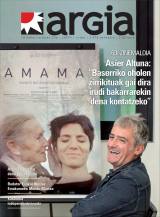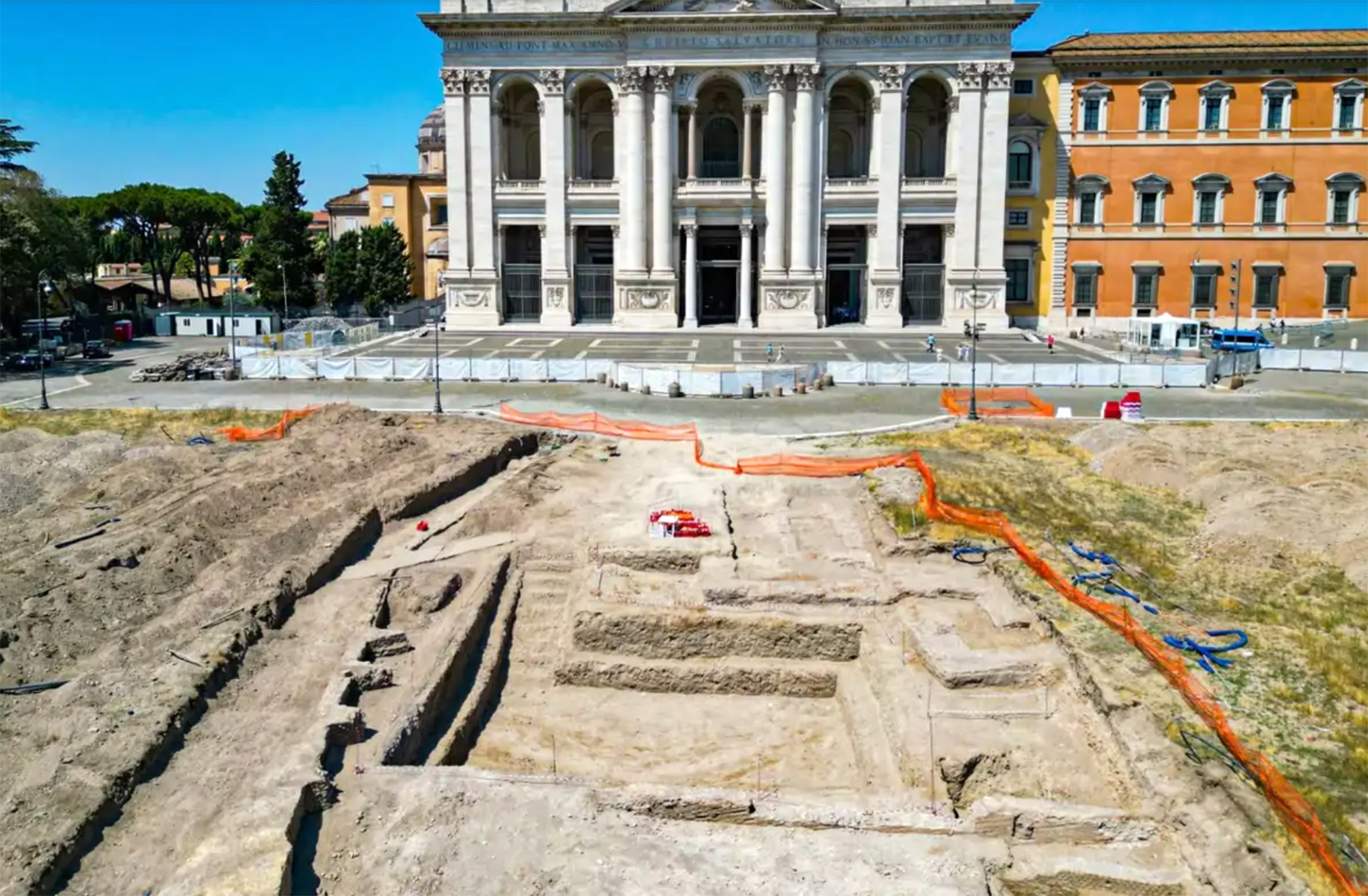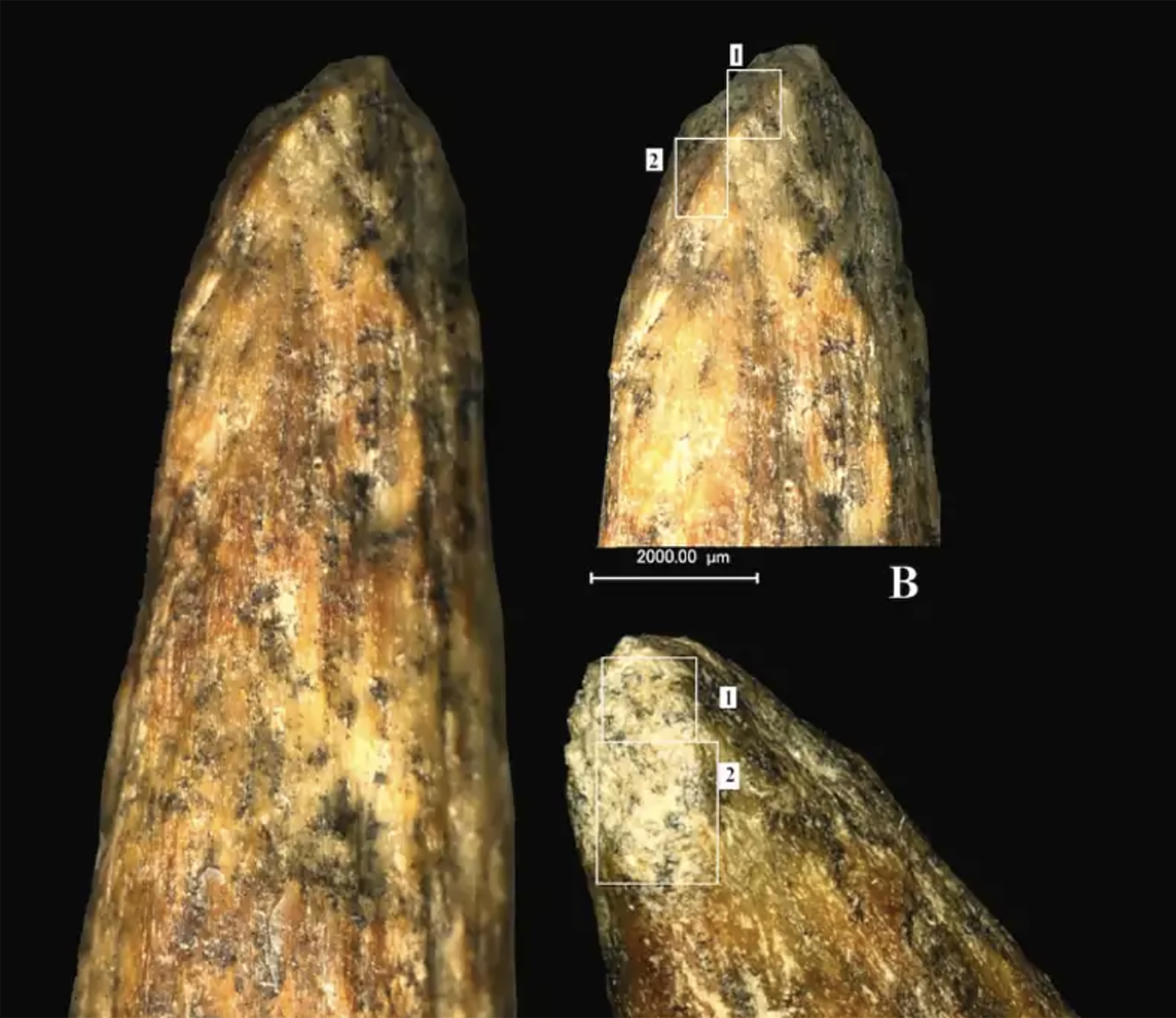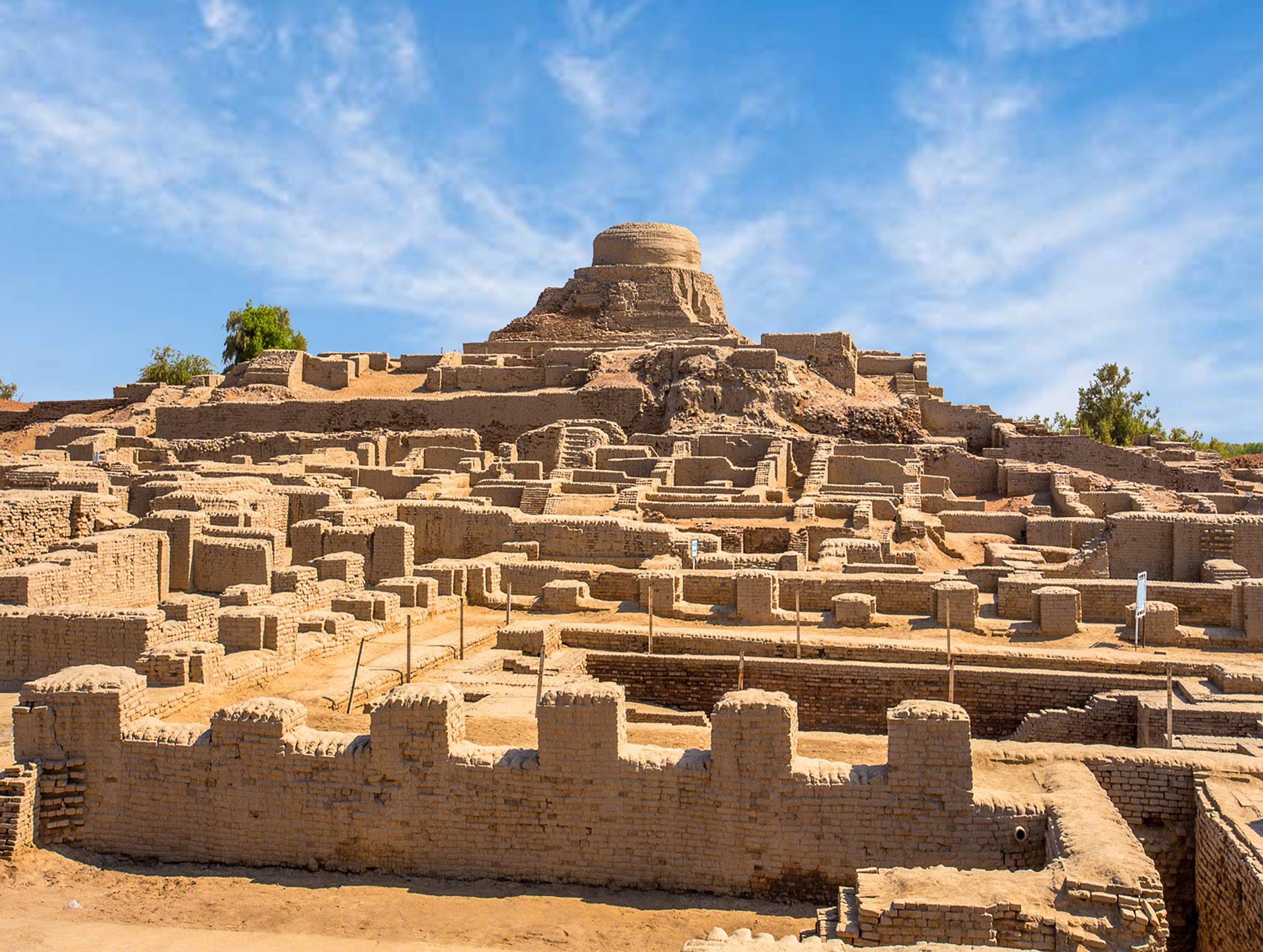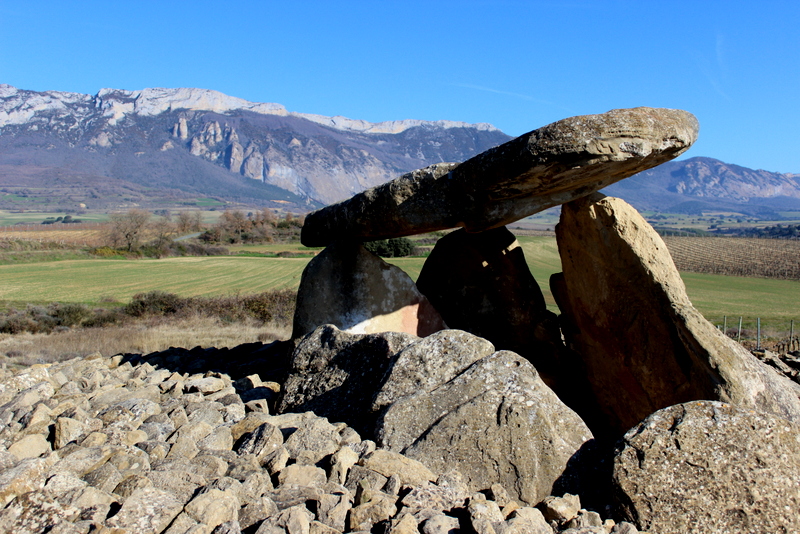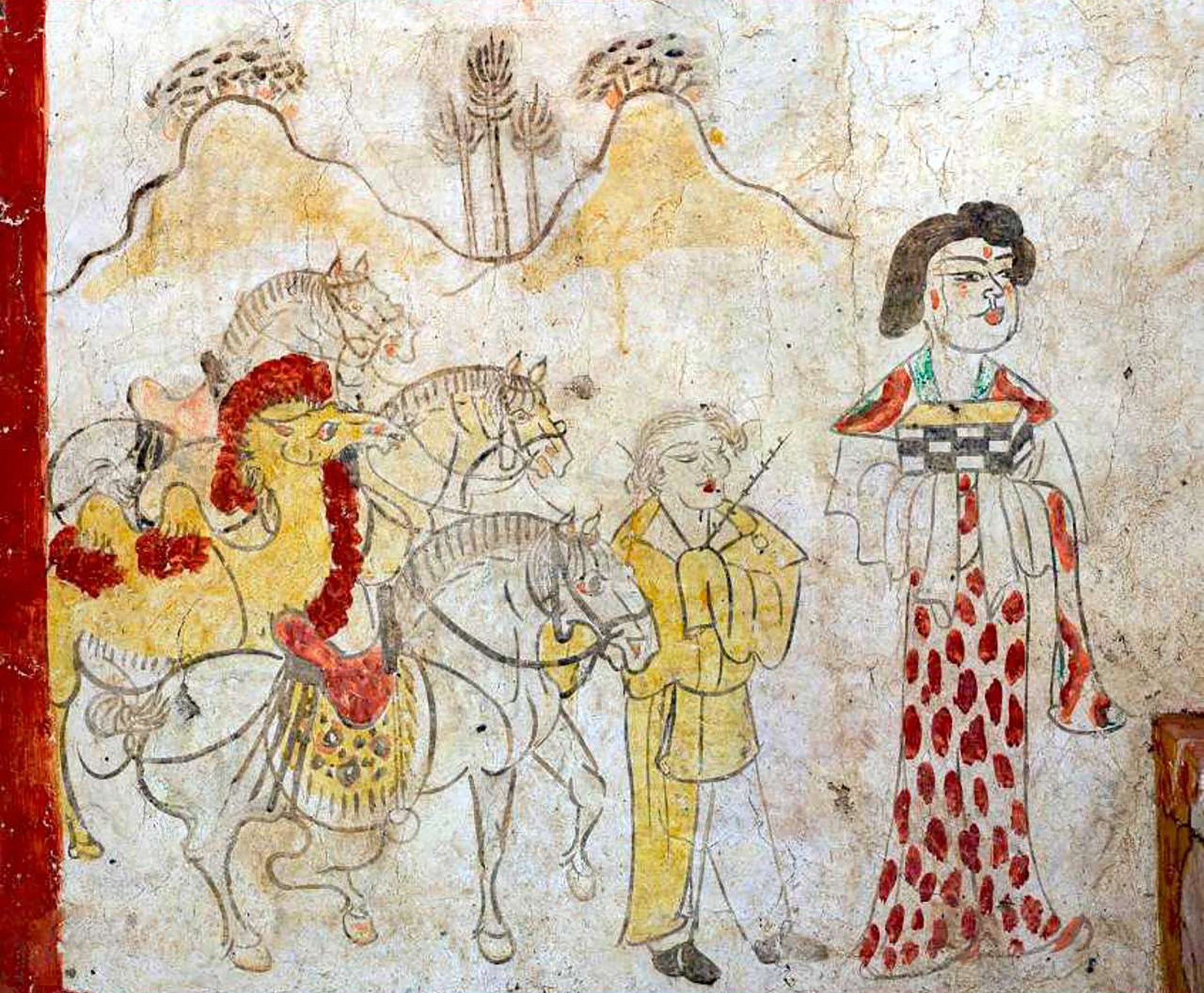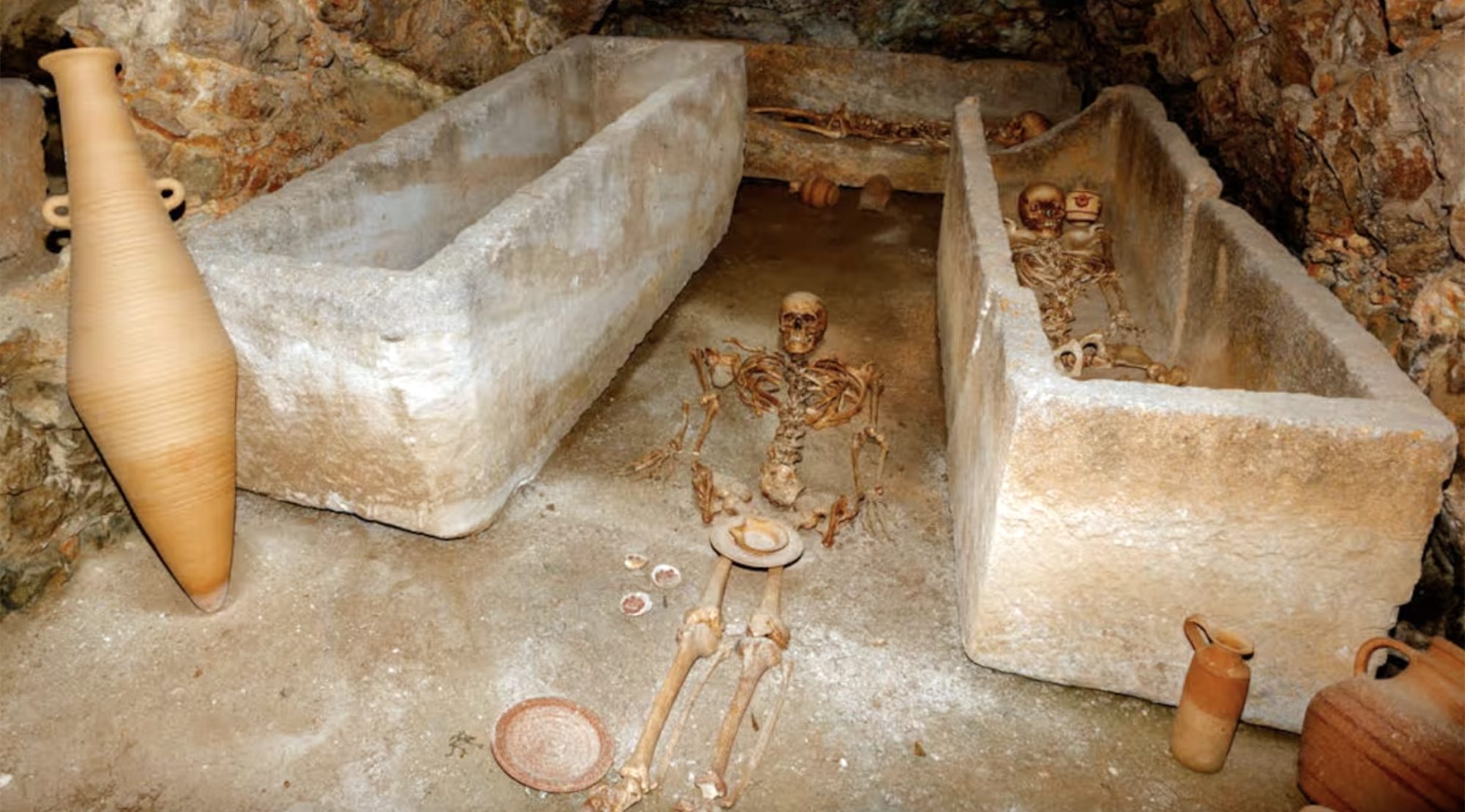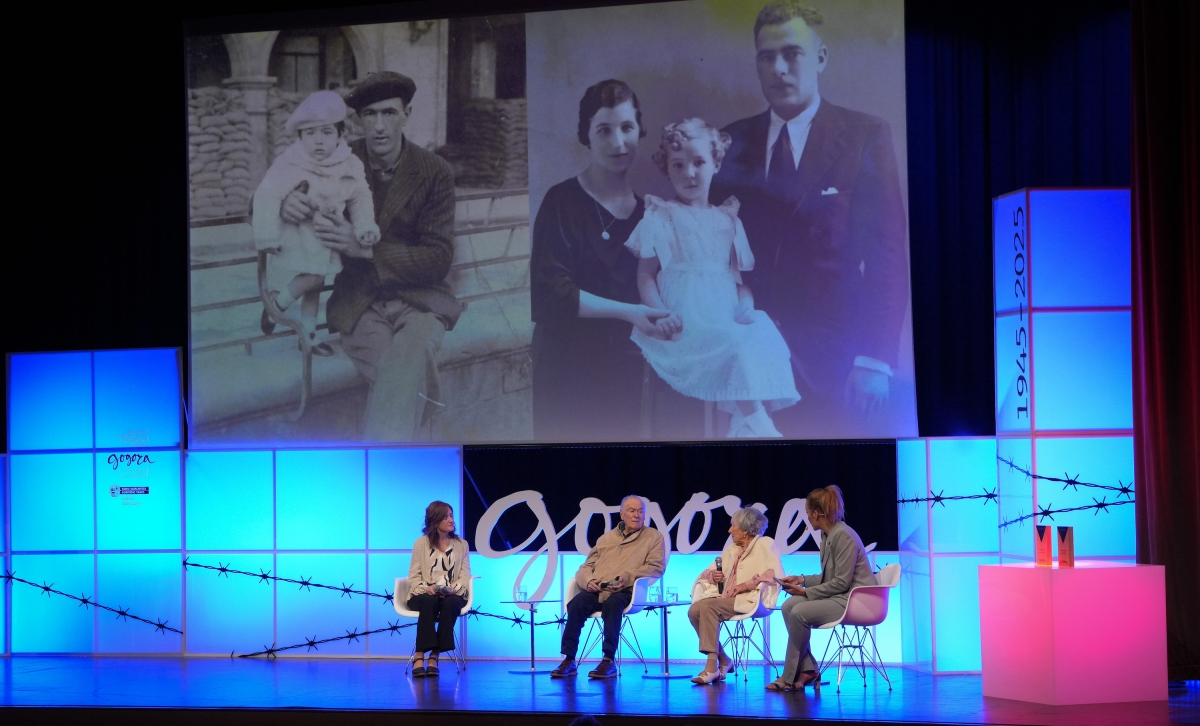They're ideological referents, these are the coplas.
- Years of pilgrimage and struggle (Txalaparta). And of course, its author, Federico Krutwig Sagredo (Getxo, 1921-1998). In November it will be one year since the publication of the book. However, the author of this article considers that the book has not received the attention it deserves. The book is extraordinary. As Krutwig was unique and unique.
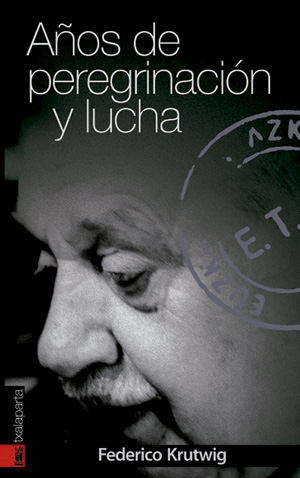
Years of pilgrimage and struggle came in 1995 at the hands of editors Jose Mari Esparza and Iñaki Egaña. They got it from the hands of Federico Krutwig. The reasons why twenty years have not been published are in the book's foreword. According to the txalapartaris, Krutwig was “the only one.” Federico Krutwig Sagredo was a member of ETA. For a short time, in fact, but a special interlocutor. The man of knowledge and culture. Today, judging the history of over 50 years of an armed phenomenon such as ETA, we stress above all the need to make moral self-criticism of the victims of the conflict. Working memory. Essential obligation. However, strict political self-criticism would also be desirable. Years of pilgrimage and struggle seems to me an aid to analyze the socio-political-cultural phenomenon ETA, as well as to know the new history of this people well.
Author of the book Vasconia
Federico Krutwig is unique. And to approach him you should read Vasconia. Fdo. Fernando Sarrailh of Ihartza. Trained in La nueva Vasconia (Basque Editions). It is also advisable to read Years of Pilgrimage and Struggle to start the Autobiography section. The author expressly distinguishes the genres of memory and autobiography.
ETA and Tie
In his work Years of Pilgrimage and Struggle he wrote about the history of ETA. However, as a concrete asset, he wrote the story of ETA. And let's remember that he didn't know the last 20 long years of ETA. One of its most important views is as follows: “It is the Etarras who are less aware of what is happening around them.” Beware! V ETA Congress Refers to the time of the Assembly, in which he participated. Use the word spionitis. It refers to espionage between the ages of the time. I leave to the reader of the book the elucidation of spionitis or subsequent conspiracies.
Krutwig warned that at the time Vasconia wrote, European society was in full development: the first “bait” of computers was opened. Thirty years later, on the other hand, he stressed that Europe was entering a new technological revolution. Krutwig had already severely criticized Marxism and, incidentally, everything he wanted to impregnate ETA with Marxism. It concerns the initial ETA, and the post-Transition People’s Union. In his view, the proletariat is not the engine of the revolution ever since. It doesn't seem to have existed for him, even to be the vanguard model of the revolution that he proposed. Here's a maxim: “To say that culture needs to be lowered at the country level that is, not to make culture.” It also states: “The leaders of Herri Batasuna have their head moored in Marx and they don’t understand anything.” Severe!
The founder of ETA, although not all in sight, described them as reactionaries. Some of them were rejected by him as the Sabinians. Your opinion of the Enbata movement leaves no one indifferent. The members of Enbata, for example, Jakes Abeberry and Ximun Haran are not well represented in the book. Anarchist Marc Legasse is one of the few who accompany him among the nationalists of Ipar Euskal Herria, the only one who is free from his harsh words. According to Krutwig, Ipar Euskal Herria is a country ruled by Somali slaves and pirates of France, and has been morally destroyed. The 1963 Aberri Eguna is a novelty story. He accused the founders of ETA of clarifying the authorship of Vasconia – Fernando Sarrailh of Ihartza. The Basque Country “owes” to Manuel Fraga Iribarne, Minister of Government of Franco, the fame of the book Vasconia, as well as its conversion into the soul of ETA. The Basque Country owes Vasconia to breaking the ideology of the sacristy of ETA. Krutwig criticized ETA for appropriating the essence of the book. Txillardegi calls his accusations and criticisms "ignominious".
Guerrilla session: 5. Assembly
Krutwig – his – wanted to give in to a sort of corrigendum of history. For Berbara, ETA was not the first to organize the so-called “Basque guerrilla”, but Gatarrieta. Iker Gallastegi, president of EGI, the youth organization of the PNV. He was the son of Eli Gallastegi, gudari jeltzale independentista. Born in Lapurdi and raised in Ireland, his parents were Biscayan. Krutwig gives his opinion on Ireland. The IRA does not welcome you, it does not speak well about Ireland. Ireland is not their model.
And V. The story about the Assembly is fundamental to understanding Krutwig. In a word: Be a Leninist Marxist! A key name: Carl von Clausewitz and his book Von Kriege. It strongly criticizes the misinterpretation and application of the strategy and tactics of war in our country. To understand Clausewitz well, the military must obey the orders of civilians. Still, Txabi Etxebarrieta wasn't dead. Neither Txabi, nor his brother Juan Antonio, who had a special participation in the Burgos process, are of his devotion. Krutwig assumes the name and being of the Small Congress, an organ that brings the dynamics of the organization to the strategy. In fact, in the history of ETA, the Cojonímeter was the one that prevailed in the last decade. In other words, tactical action or initiative has been imposed on the strategy. 5. In the assembly they dominated the spirit and philosophy of ETA’s fronts, but, in their view, against the political, social and military class and above the Cultural Front. Capital letters. By then, one already perceives in his memoirs a kind of “what we have done”.
Basque ethnic group and Greek culture
The surnames Krutwig and Sagredo denounce the cultures and origins of Europe. Federico, not in vain, chose to immerse himself in “culture” above the disciplines of economy, war and politics. The recognition of our ethnic group by the Basques and the development of a Greek culture complementary to it. He firmly stated that politics must serve the higher occupations, not the other way round. Krutwig “assaults” almost all people and things. There are many people mentioned, only some of them are those mentioned in this article. He not only wrote about the history of ETA, but also about the PNV, led by Ajuriagerraza. Clearly, to criticise it without piety. Although he strongly criticizes Marxism, to complete the Basque national idea, Krutwig wants to unite anarchism, liberalism and some trends of Marxism. It is a sample of several countries. Among the most praised celebrations are those of Belgium (Leuven) and Italy. The countries and cultures of Algeria or South America are not a model. And much less to have models of a possible Basque revolution. The evolution of the history of recent years has given him reason. 25 years ago, he announced that the manual work of revolutionaries would prevail in the automatism of current computers, emphasizing that the intelligence and madness of machines must dominate the knowledge and culture of people. The new reality says it needs educated and creative people. That the self-cycephaly of the Basque Country must focus on two pillars: our ethnic culture and Greek culture.
It was a singular Krutwig. ETA member and member of Euskaltzaindia, among others. He entered the Royal Academy of the Basque Language at the age of 23, with the hand of Resurrection Mary of Azkue. One of the geniuses given by the Basque Country. However, however genius it may be, there are certain things that will surprise you.
Pond of Venice, year 452. Prompted by the Huns' invasion, several inhabitants of the interior of the Italian peninsula took temporary refuge in the swampy area. But the Lombard invasions came in a few years, and it would become a permanent home for those immigrants. It was a... [+]
During a routine excavation in the Piazza San Giovanni in Laterano in Rome, archaeologists carried out the IX-XIII. They unexpectedly found the remains of a palace dating back to the centuries. And they think it could be the residence of the popes of the time. In other words,... [+]
More and more studies indicate that Neanderthals had more advanced cognitive abilities than previously thought. The latter, published in the Journal of Archeological Science, refers to the spearhead of bone found in the Mezmaiskaya cave in Russia in 2003.
Using microscopy,... [+]
The Indus Valley, about 5,000 years ago. The city of Mohenjo-Daro had about 35,000 inhabitants and, according to recent PNAS publication, had a very low Gini coefficient of 0.22 – a coefficient that measures the economic inequality of societies through the degree of... [+]
I've been enjoying a book lately. In a very short time I have read it twice; the first with pure delight and the second with a pencil in my hand. Hoces de piedra, martillos de bronce, by the Spanish archaeologist Rodrigo Villalobos, aims to explore prehistoric society to answer... [+]
In the Chinese province of Shanxi, in a tomb of the Tang dynasty, paintings depicting scenes from the daily lives of the dead are found. In one of these scenes a blonde man appears. Looking at the color of the hair and the facial expression, archaeologists who have studied the... [+]
Carthage, from B.C. Around the 814. The Phoenicians founded a colony and the dominant civilization in the eastern Mediterranean spread to the west. Two and a half centuries later, with the decline of the Phoenician metropolis of Tyre, Carthage became independent and its... [+]
Salvador Puig Antich frankismoaren kontrako militantea izan zen. Askapen Mugimendu Iberikoko kidea, 1973ko irailaren 25ean atxilotu zuten. Gerra-kontseilua egin zioten, eta garrotez exekutatu zuten handik sei hilabetera, 1974ko martxoaren 2an. Aurtengo otsailean baliogabetu du... [+]
Rudolf Botha hizkuntzalari hegoafrikarrak hipotesi bat bota berri du Homo erectus-i buruz: espezieak ahozko komunikazio moduren bat garatu zuen duela milioi bat urte baino gehiago. Homo sapiens-a da, dakigunez, hitz egiteko gai den espezie bakarra eta, beraz, hortik... [+]
Böblingen, Holy Roman Empire, 12 May 1525. Georg Truchsess von Waldburg overthrew the Württemberg insurgent peasants. Three days later, on 15 May, Philip of Hesse and the Duke of Saxony joined forces to crush the Thuringian rebels in Frankenhausen, killing some 5,000 peasants... [+]









